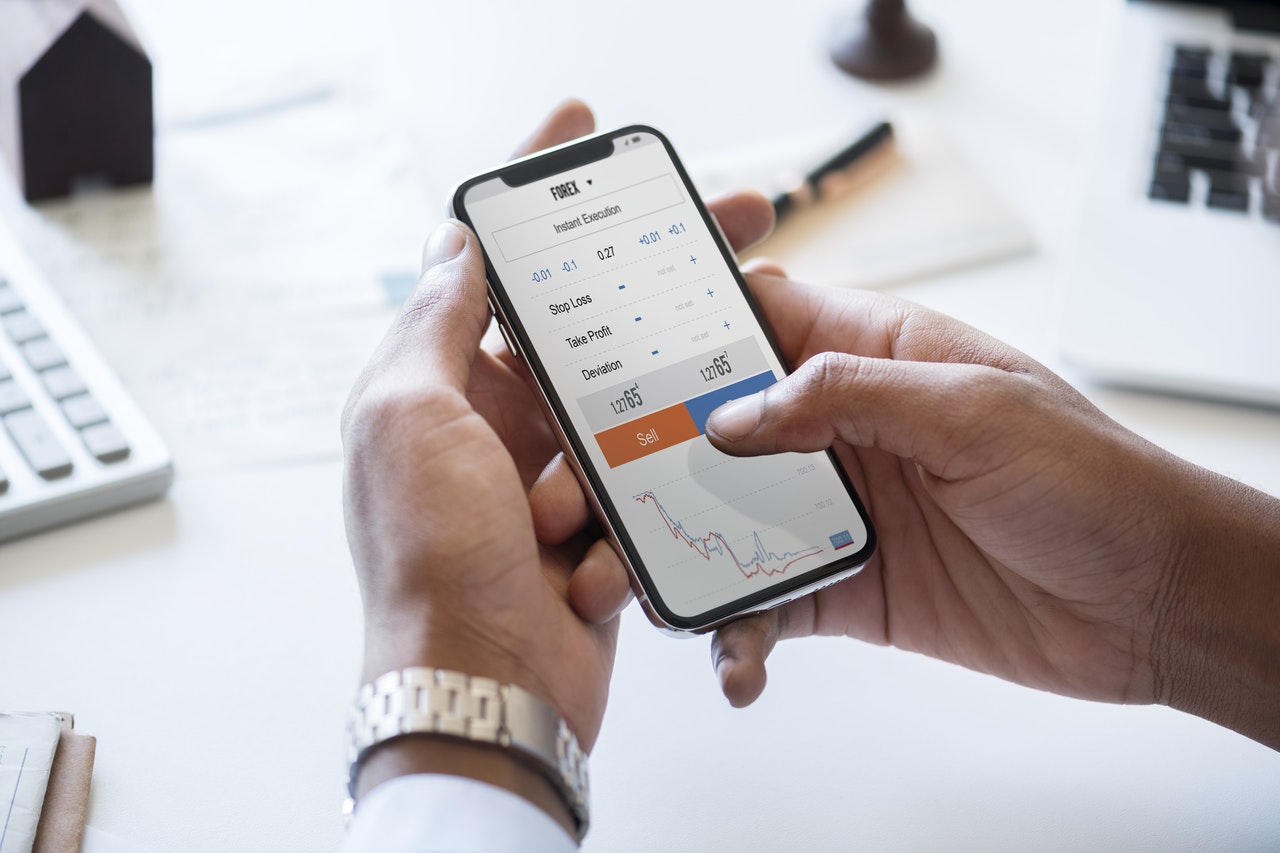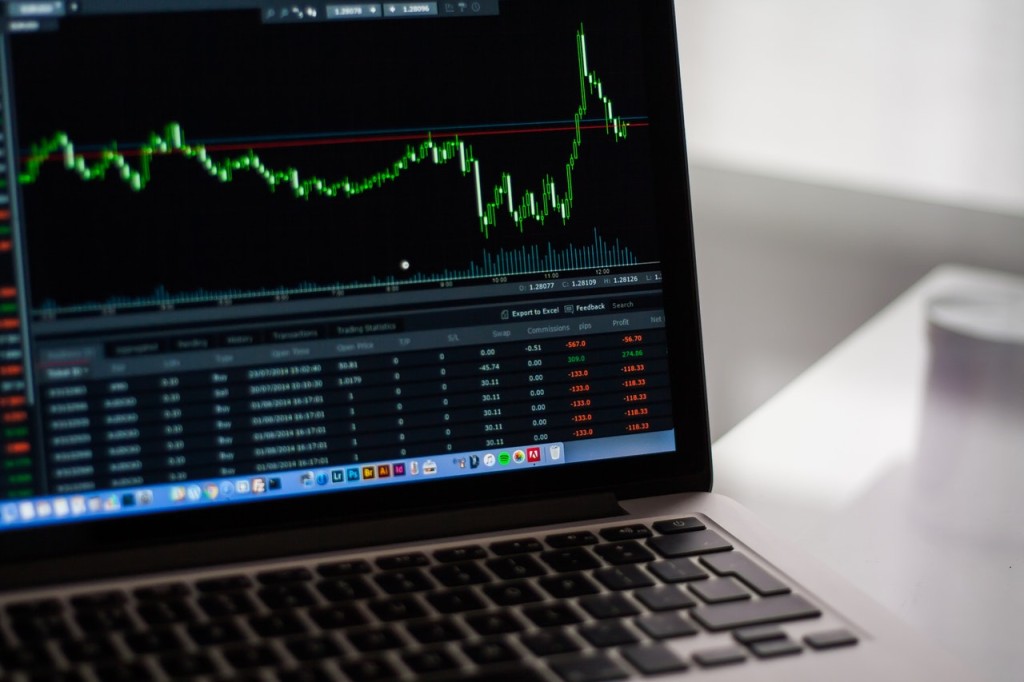Trading in forex requires one to use margins or leverage where traders get the opportunity to get into positions that are bigger than their personal account balances. In the US forex margins are regulated by regulatory bodies to avoid the dangers associated with risky margins. These regulations mean that the amount of leverage available in the forex market is restricted.
In forex margins, the funds in an investor’s personal account serve as collateral meaning that a trader can borrow more from the brokers in the market which in turn increases the size of investment. The trader using the forex margins can consequently control large amounts of money with very little. However, higher leverage attracts a higher risk which is why forex margin is regulated.
How Forex Margin Works
Any investor looking to trade in forex markets must use a broker by signing up after which the broker sets up the margin account. Operations with the account mean that the investor takes a short-term loan from the broker which is equal to the amount of collateral the investor is giving.
Traders are then expected to deposit money to the margin account before trading as agreed upon with the broker. The amount depends on margin percentages as regulated. This means that for a trade worth $100,000 with a 1% margin, the investor must deposit $1000 to the margin account with the remaining 99% sourced by the broker. Interests on the borrowed amount are not paid but if the investor does not close the trading position by delivery date, the interest can be rolled over and charged according to the broker’s preference.
Margin Calls
Whenever an investor trades, the broker monitors the net asset value of the investor’s account against the market. In cases where the market moves against the investor the account loses value to a point below the maintenance margin consequently leading to a margin call. To offset this, the broker may need more funds in the account or the trading positions per account may be closed to avoid losses.
How to Avoid Margin Calls
Since margin calls mean that you lose your forex margin account, it is important for every investor to know how to avoid them by understanding their causes. The first factor causing margin calls is a result of holding too long on losing investments which in turn reduce the value of the usable margin. Another cause is holding too long on an overleveraged account. Finally underfunding the account where in turn the broker reacts to by asking for trade overs with low usable margins.
To avoid the causes or margin calls on your forex margin account, it is important that the trader understands that having a large leverage on a trade with the value larger than the account value leads to lower usable margins. Overleveraging is a huge risk if the trade fails and the account depletes causing the usable margin to decline consequently leading to a call.
Benefit of Forex Margin
Potential for High Profits
With the presence of leverage, traders have a chance of making high profits on forex trading where if the deal with the broker goes without margin calls, an investment of $1000 can make $50,000.
Disadvantage of Forex Margin
High Risk of Loss
Despite the promise of high profits, there is a chance of making losses where traders fall under a great risk since the amount of loss increases with higher leverage. From experience traders agree that the use of forex margin makes it easier to suffer losses compared to the chance of making profits per investment. In case of a bad trade, the investor is likely to lose a great part of the margin since the leverage placed works against the investor.
Forex margins can work to either register profit or loss, it all depends on the knowledge of the investor where doing a deep analysis of the market before trading is important. Understanding the personal net value of an investor is important before trading in force margins to ensure that losses are not placed on money worth keeping.


